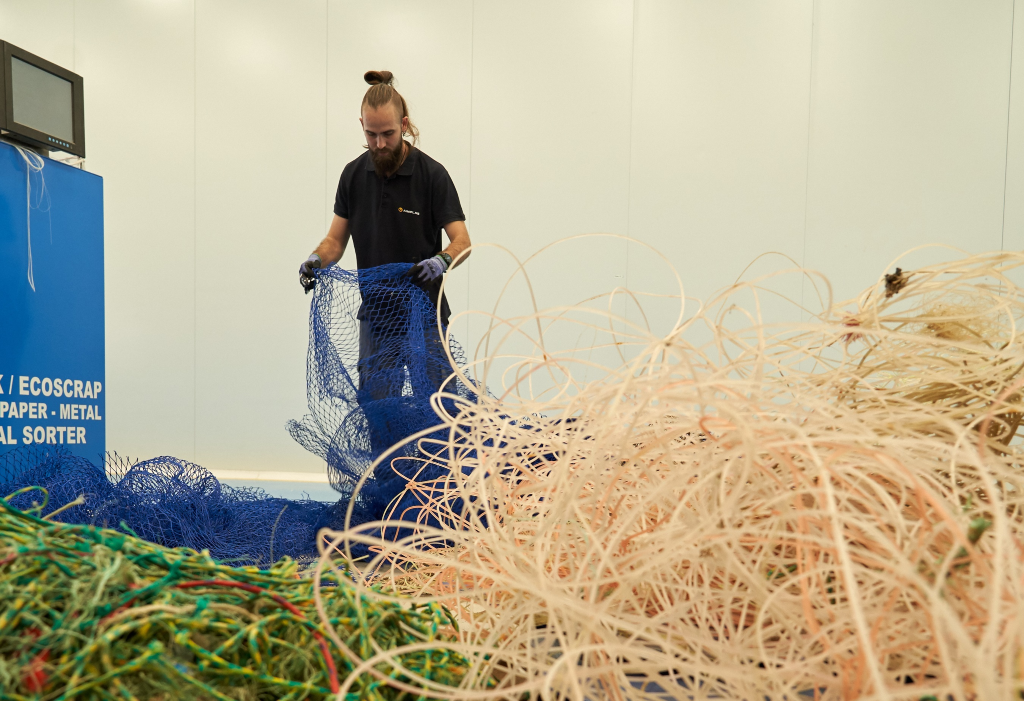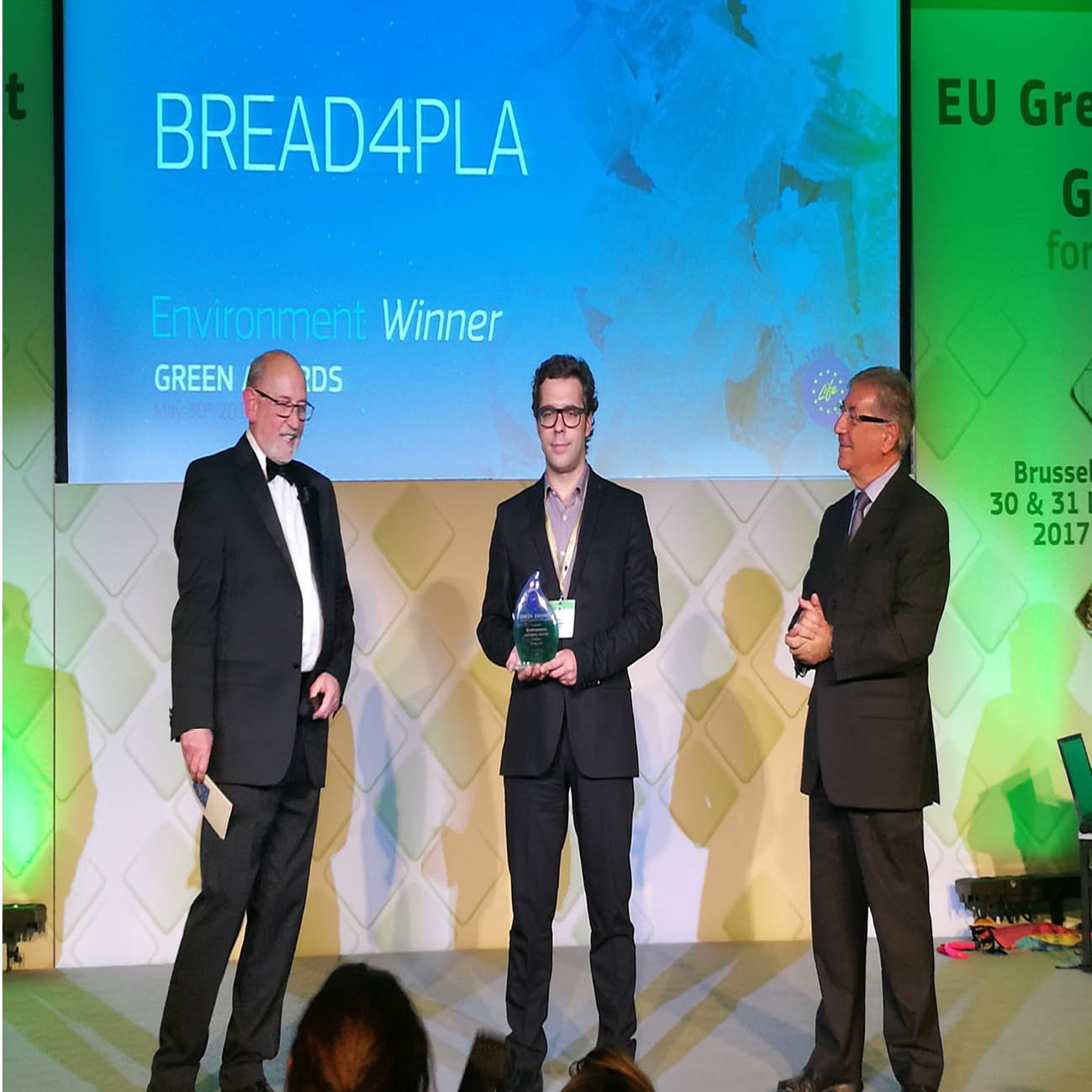We continued to support the circular economy

AIMPLAS, closed the 2022 financial year with a total of 187 new projects related to the circular economy, 56 training activities and nearly 1,000 technological services on this topic. These figures demonstrate how important it is for the plastics industry to adapt to the circular economy, as well as the increased activity of AIMPLAS in this area as part of the ongoing expansion of its activities and services.
To enable this growth, the Plastics Technology Centre has continued to expand its capabilities in terms of technological services with the creation of its own trademark to certify the safety and functionality of reusable food packaging. The Designed to be Reusable trademark is based on Regulation (EC) 1935/2004, Regulation (EU) No. 10/2011 and Regulation (EC) No. 282/2008, as well as recently issued standard UNE 53928:2020 on dishwashing specifications to ensure that products in contact with food are designed to be safely reused after repeated use and washing.
In 2022, accreditation for disintegration and ecotoxic effects in pilot-scale tests in higher plants was also awarded after the audit carried out by ENAC at the AIMPLAS Biodegradation and Compostability Laboratories, thus extending the scope of AIMPLAS accreditation to include more compostability schemes in accordance with standards UNE-EN 13432, UNE-EN 14995, ISO 18606, ISO 17088 and ASTM D6400.
In addition, a collaboration agreement was also signed to certify recycled content in Europe, in addition to accreditation by the Association of Plastic Recyclers (APR) in the United States. Another development in 2022 involved implementing the capacity required to carry out interior and exterior paint and varnish Ecolabel certification testing, which recognizes environmental improvements.
Training activities and conferences
In the area of training, AIMPLAS carried out 56 training activities and conferences involving more than 1,132 professionals from nearly 700 companies, such as the professional qualifications from AIMPLAS on the circular economy, material recycling and packaging. AIMPLAS is responsible for long-standing conferences such as MeetingPack, organized in collaboration with AINIA, and the Workshop on Plastics and the Circular Economy, jointly organized with CICLOPLAST. It also organizes new events that have generated a great deal of interest among members of the industry, such as the presentation of the Chemical Recycling Report, which was organized with Plastics Europe and FEIQUE and attended by close to 800 people.
R&D Projects
In 2022, AIMPLAS presented 187 new projects and continued to implement approved projects to make progress on the development of new recycling methods for complex mechanical and chemical waste, innovative systems for recycling composites used in the aeronautics sector and extraction technologies to improve the circularity of textiles. Microorganisms were even used to break down complex waste such as multilayer packaging waste and recover it in the form of biopolymers.
New reusable packaging, packaging with biodegradable barrier properties and biodegradable and compostable bio-based adhesives were also developed for these kinds of products. Furthermore, bioplastics were developed from agri-food waste, municipal waste and coffee grounds. Other projects under development made it possible to convert mattress waste into insulation for the construction industry and to create new recovery systems for end-of-life vehicles that resulted in recycled materials with applications in the automotive and construction industries. Forest waste was recovered for the production of active packaging and antimicrobial pet litter. In the area of decarbonization, CO2 captured in urban areas was harnessed to improve the growth of hydroponic crops. New business models based on the circular economy were also created for products such as televisions, washing machines, printers and telecommunications equipment, as well as pharmaceutical products whose life cycle has less environmental impact.

